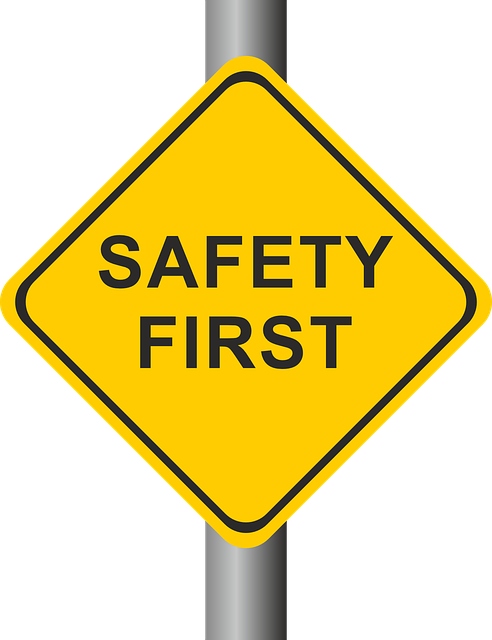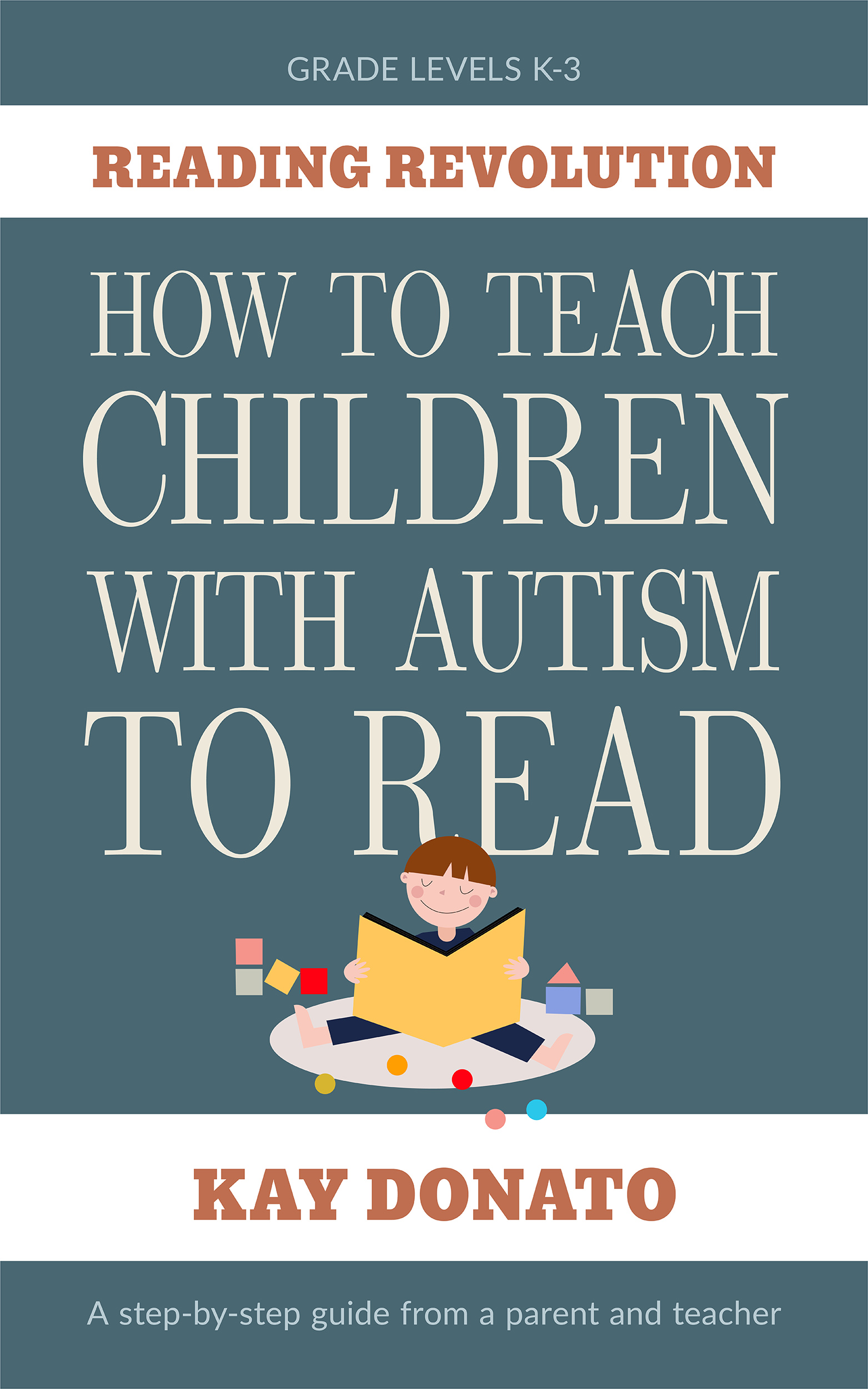- Home
- Behavior
Autistic Behavior: How to Cope With and Possibly Correct It
Autistic behavior can be troubling and even burdensome for children with autism as well as their parents.
You may be thinking, What? You mean my child's behavior is hard for him to live with, too?
Yes, it is true that many autistic behaviors are just as hard if not harder for people with autism to deal with than it is for their parents and caretakers.
To be sure, we as parents often have a hard time for obvious reasons. Many of our kids need constant supervision because they are a danger to themselves. And even those who don’t need to be watched 24-7 may still have behaviors that parents must live and cope with.
As a parent I understand this all too well.
But as hard as autistic behavior is for parents to live with, it can be even more challenging for the children themselves.
This is so important for parents, teachers, and anyone else who interacts with children or adults with autism to understand.

I have the helpful advantage of knowing a person with mild autism very well. He’s able to tell me in exact detail what he as well as my autistic son deal with every day.
Now I will pass on that wonderful advantage to you. Because a lot of what I will share with you in the behavior portion of this site comes from the perspective of one who has autism and who struggles daily with the difficult challenges that his autism causes.
In the sections below, I link to articles that can go into detail about safety issues that can result from behavior problems, how to find causes of behavior issues (which can often help to fix the problem), and effective ways of coping with these challenges.
Behavior Problems Can Cause Safety Issues: How to Keep Your Child Safe

To be sure, some children are a danger to themselves. It’s difficult to know why some kids lack a sense of danger, or why they do the things they do.
On the other hand, some behaviors may not be a result of a lack of sense of danger. Some behavior problems are rooted in obsessive compulsive disorder, an especially troubling condition for both parents and children.
But whatever behavior disorders may be causing these problems, we must take steps to ensure their safety.
That’s why I spent some time writing articles on safety and preventing wandering.
For example, if you know your child might run out of the house, you pretty much need to keep her locked in the house while you and she are home, just for her own safety. (Of course, making sure a responsible adult is always with her in the house.)
You can take some very simple precautions to keep him safe when home, such as installing double cylinder deadbolts on all doors that lead to the outside of the house.
Now, I don’t mean you should never bring him out of the house. You can bring your child out of the house as long as you take all precautions necessary to keep him safe.
And when you do take your child outside the house, make sure your car is locked from the inside so your child can’t open the door while the car is moving. Virtually all cars manufactured these days have safety locks that can’t be unlocked from the inside of the car.
You also might consider attaching your child to you somehow if you think she might bolt from you when you are out of the house.
Inside the house, if your child is tempted by electrical outlets (even some older kids with OCD are tempted by these), consider installing outlet covers.
Some outlet covers are easy enough for adults to remove, but if you need more protection for a child who can remove those, there are types of covers that even I have a hard time removing. More on that in a soon to follow article.
If you can think of another great way to keep our kids safe from their own behaviors, we’d love to hear from you. Just add your comments below.
For more information on how to keep your child safe, click or touch here.
Understanding and Possibly Fixing Autistic Behavior
Next, I’ll give a short summary of other articles about autistic behavior with links to each one.
In the first three articles (part 1 below, and parts 2 and 3 coming soon), I discuss the many and varied causes of behavior problems in children with autism.
I can’t overstate the importance of knowing why your child behaves as she does. It can mean the difference between dealing with the problem successfully and making matters worse.
So before you read any of the other articles about autistic behavior, my suggestion is to read the first three articles outlining causes for behavior challenges in children with autism.
Autistic Meltdown: Help Finding the Cause
(Causes of Behavior Problems Part 1)

If your child often has an autistic meltdown or other severe behavior, understand that this is all too common in children with autism. But did you know that you might be able to control or even fix the problem?
Once you know why your child is misbehaving, you can be in a much better position of dealing with it effectively. Click or touch here to learn more.
Hyperfocus: How to Deal With a Child's Over Obsession on Special Interests

If your child has an obsessive fixation on one thing, it can sometimes interfere with daily life and with other family activities.
And yet, your child's hyperfocus might one day turn in to an amazing talent or a profitable career.
Just how much, if any, should we limit our children's obsessive interests? Click here to read about hyper fixations and when and how much we should intervene.
Autistic Obsessions: How to Place Limits While Encouraging Talent

Autistic obsessions in children can create a dilemma for parents. How do we encourage our kids to practice their talent while keeping their lives in balance?
Many children with autism are very sensitive because they struggle with feelings of low self-worth. So we need to tread carefully when we’re explaining why we must limit the time spent on their favorite activity.
This article explores how to place limits on our children’s obsessions without hurting their feelings.
Specialized Help
The articles on this site are meant to get you started, but if you need extra help with autistic behavior, Dr. Mary Barbera, Board Certified Behavior Analyst, offers free training as well as paid courses on how to deal with and treat behavior problems for children with autism. Check out her site here.
Related Articles
1. Safety Tips - Avoiding Danger

New! Comments
Have your say about what you just read! Leave me a comment in the box below.